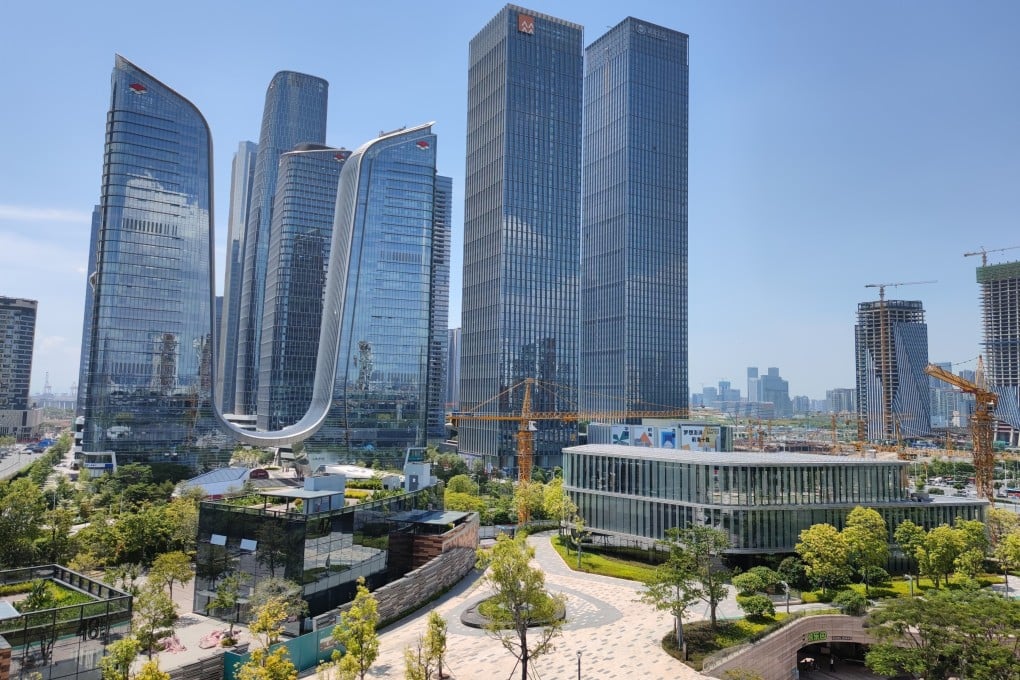Shenzhen showers AI companies, workers with cash to boost local industry
Municipal government issues a slew of new policies including tens of millions of dollars in subsidies to promote AI development

According to measures published by the Industry and Information Technology Bureau of Shenzhen on Wednesday, the government will earmark 500 million yuan (US$68.6 million) to help AI firms to rent computing resources, with each company eligible for up to 10 million yuan worth of subsidies, and another 50 million yuan available for buying “training data”.
The southern tech hub will also set aside 300 million yuan each year to support AI-related research. Subsidies for fundamental research reach up to 10 million yuan per project, and the ceiling can be raised to 30 million yuan for projects with key “breakthroughs”, according to the policy.
While the subsidies are small compared with the investments from private US firms that dominate the AI industry, the promises of financial support from the Shenzhen government are a show of China’s commitment to local industry players. These measures will be effective for two years starting from next Wednesday.
A maximum of 2 million yuan is also available to Shenzhen-based businesses procuring generative AI models registered with the Cyberspace Administration of China, and another allocation of up to 100 million yuan will be designated for AI applications in key industries.
Projects applying AI in high-end manufacturing, modern services, and scientific research can receive as much as 2 million yuan as well. For benchmark projects demonstrating a leading role in their fields, subsidies could reach up to 10 million yuan.